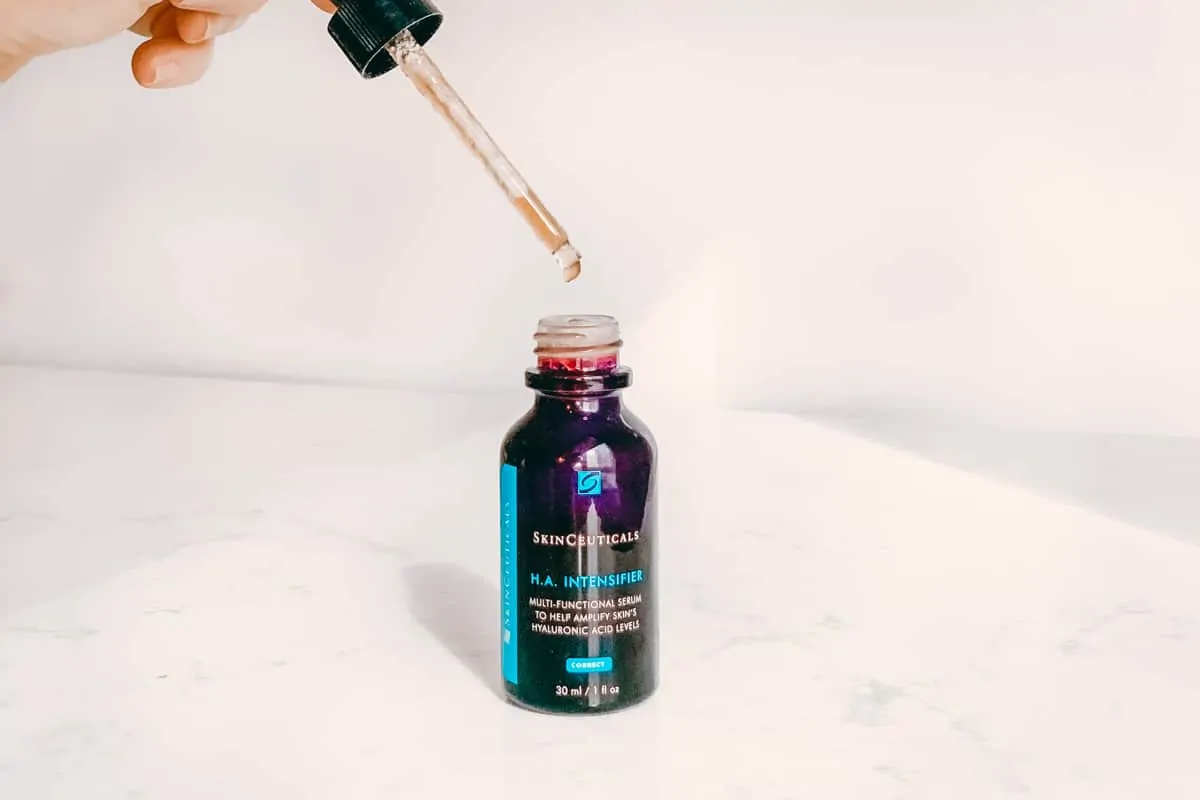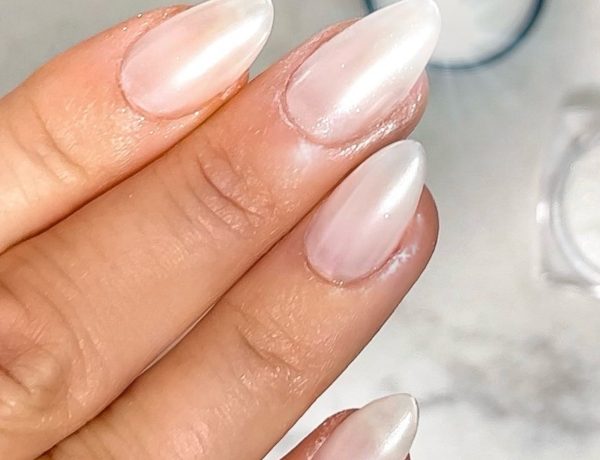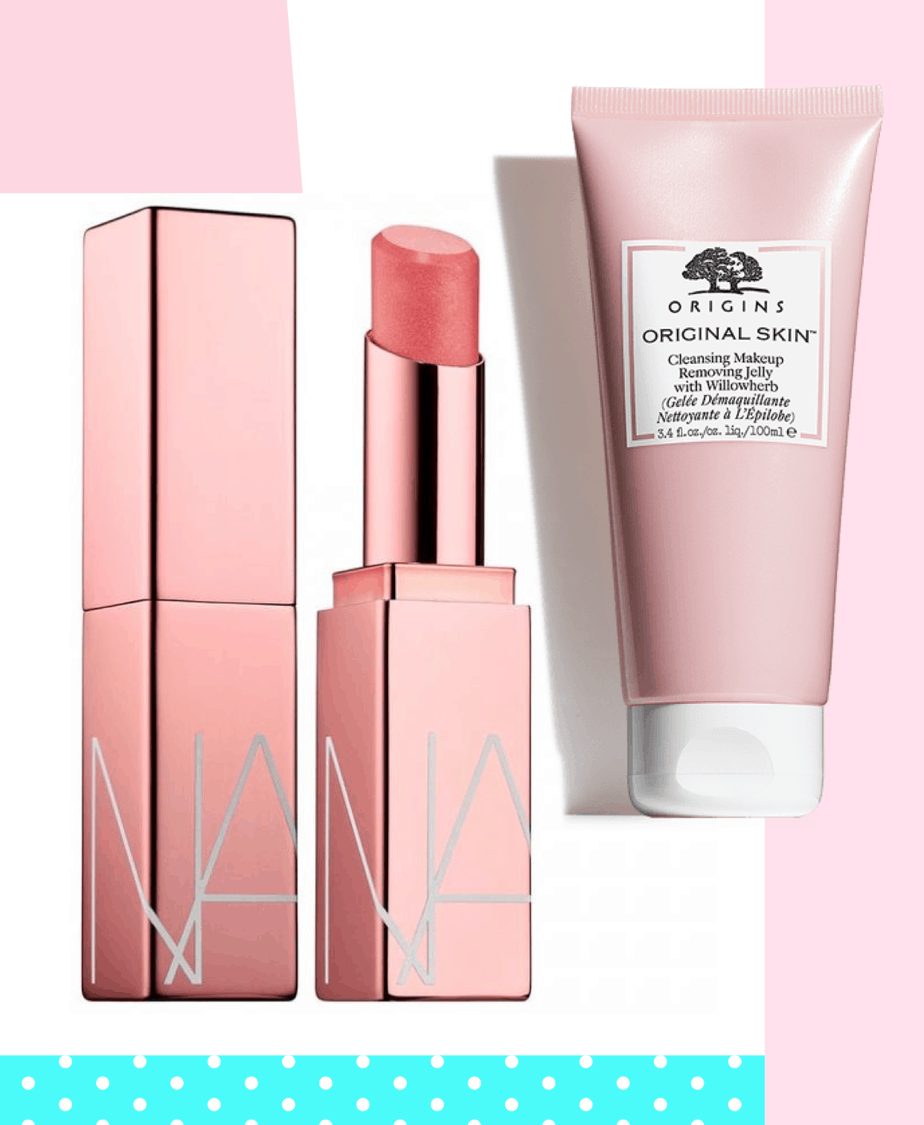One ingredient that has become ever more popular in skincare in recent years is hyaluronic acid—and it has developed a loyal fan base of the likes of Rosie Huntington-Whiteley, Khloe Kardashian, and Scarlett Johansson.
Why? Well, that’s easy. The benefits of hyaluronic acid for the skin are pretty extraordinary. It’s known as the ultimate “plumping” ingredient and helps give your skin a bouncy, youthful, firmer texture.
We’ll go more in-depth into all the other added benefits later in the article, and we’ll also share the absolute best hyaluronic acid serums on the market (including our thoughts on the famously cheap—and famously popular—The Ordinary HA serum.)
But first, let’s start by addressing the most basic question: how do you use hyaluronic acid?
See below for the full skincare scoop.
Table of Contents
How to use Hyaluronic Acid
Step 1:
Wash your face using your favorite cleanser.
Step 2:
Apply a toner or facial mist and DO NOT PAT DRY. If you prefer not to use a toner, spritz your face with some water.
Step 3:
Gently apply your HA serum onto your DAMP face (more on this below).
Step 4:
Apply your moisturizer to help seal in the moisture, but also to provide moisture for the HA to absorb.
Step 5:
Follow with your preferred eye cream.
Step 6:
Apply a sunscreen and allow to dry.
Step 7:
You’re ready to start applying your makeup!
The most important thing to remember in this process is that hyaluronic acid should be applied to damp skin, not dry.
If not, it could actually have the reverse effect. Remember that HA is a magnet for moisture and if your skin is dry, it will grasp any moisture it can find from the deeper layers of the skin to hydrate the surface.
If HA comes into contact with water first, this will not happen.
Instead you’ll be left with skin that is hydrated, smoothed and plumped!

When to Use Hyaluronic Acid
- When it comes to applying hyaluronic acid, the nice thing is that it can be used both in the morning and at night (to replenish the moisture lost during the day).
Who Is It Best For?
- It is suitable for all skin types, not just for dry skin!
Can You Use an HA Serum with Other Serums?
- Hyaluronic acid gets along fine with most other ingredients and can be layered with other serums, creams, peels or acids but…
- …do not use HA with acids that have low pH levels like glycolic acid (for those AHA users). This may make the HA ineffective.
- As always, stick to the golden rule: whatever the skincare, it should be applied from ‘thinnest’ to ‘thickest’ consistency.
Can You Use Hyaluronic Acid When Pregnant?
- Yes, it is generally safe to use throughout pregnancy. Double check with your doctor if you have any questions or concerns.
Hyaluronic Acid Benefits

Hydration:
It’s those powerful water retention properties mentioned earlier that make hyaluronic very hydrating for the skin, and when used in serums and creams, HA brings moisture to the surface of the skin.
It is so powerful in fact, that HA is able to hold 1,000 times its weight in water and you likely don’t need to use it in more than one product in your routine.
An easy comparison is to imagine your skin as a Beauty Blender sponge—the more moisture held in the sponge, the plumper, fuller and smoother it becomes. This is the effect of HA—or more technically, it is what is known as a humectant.
Less visible fine lines and wrinkles:
A result of the retention of water to the skin is that fine lines and wrinkles become less visible. Interestingly, there is also evidence that HA works as an anti-aging treatment if taken orally.
Increased firmness, elasticity, and resilience:
Aside from improving firmness and elasticity, our skin’s resilience is also improved through the use of HA. Our skin protects the inside of our body from harmful external factors such as UV rays and pollution, amongst others. Our epidermis drew the short straw and is the first layer to have to combat these issues. HA fortifies the skin’s natural barricades to lock in moisture, therefore improving resilience.
Smoother texture:
Combine HA with a facial roller for an extra smoothing effect.
Despite claims from some brands, there are certain things that topical HA cannot do:
- Treat acne: unfortunately, no scientific evidence is available for this
- Heal scars or provide filler-like results: this may be true of injectable dermal fillers, but there is no scientific evidence to date that topical HA works as a scar treatment or as a non-invasive filler
- Protect from the sun: there is only minimal scientific evidence to suggest it offers sun protection benefits
- Prevent Aging: it will improve wrinkles, but like with every other skin care product, nothing will stop the natural aging process






7 Comments
Kavee
February 13, 2021 at 6:01 pmI use Plum toner sometimes… It’s drying and has glycolic acid. After dried up… I put vitamin c serum which is also drying…. But then there is no moisture left to put HA serum… Should I spritz my face with water after applying vitamin c serum to have damp skin for HA serum application… It’s confusing.. Please let me know
Ana
January 27, 2022 at 10:39 pmI also have that question!
Do I have to spritz the face after Vitamin C and before HA?
Lindsay Silberman
January 29, 2022 at 9:45 pmYes! I would wait until the Vitamin C is dried down, then spritz, then HA!
Laura
April 26, 2021 at 5:36 amI love the skinceuticals C and HA for day paired with retinol at night. Will have to add HA pm. Before I had really bad retinization. Took a break from it. Used HA and C then started up with a different retinol and my skin looks and feels so much better. Retinol alone aged me 5 years and the combo gave me a much more youthful appearance (38 yo).
Natalie
February 11, 2022 at 3:45 pmI usually use cerave daily moisturizer, and I just started trying La Roche posay hyalu B5 serum, and I’m wondering if this moisturizer is ok to use after this serum because it also has HA? Thanks for this article I’m so overwhelmed by all the skincare info out there but this is so clear and helpful!!